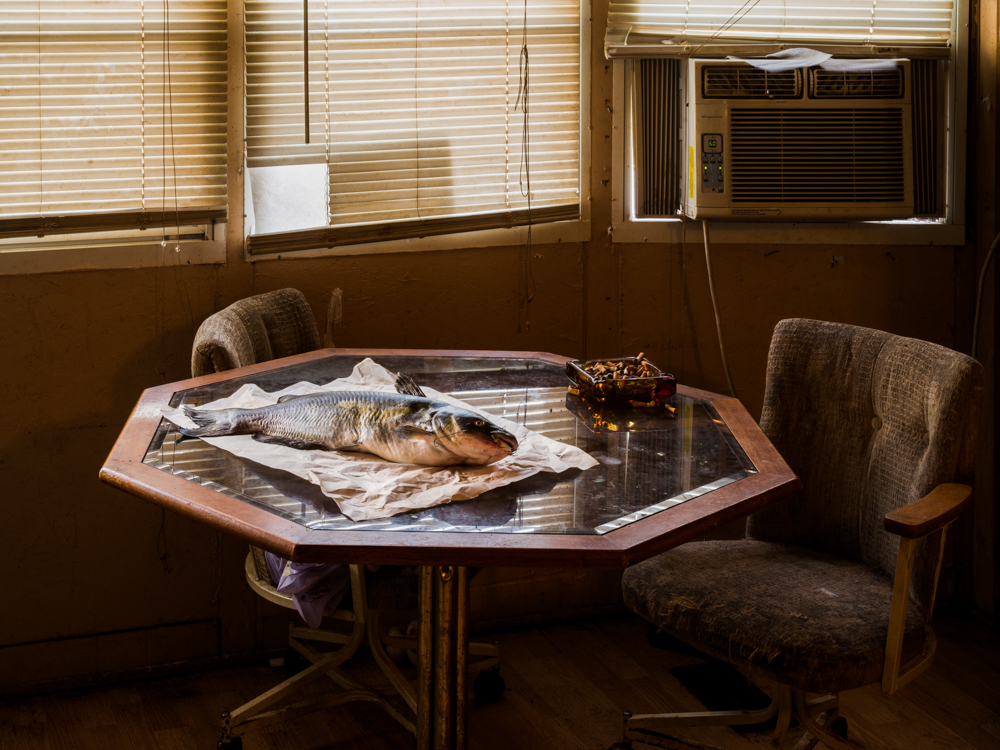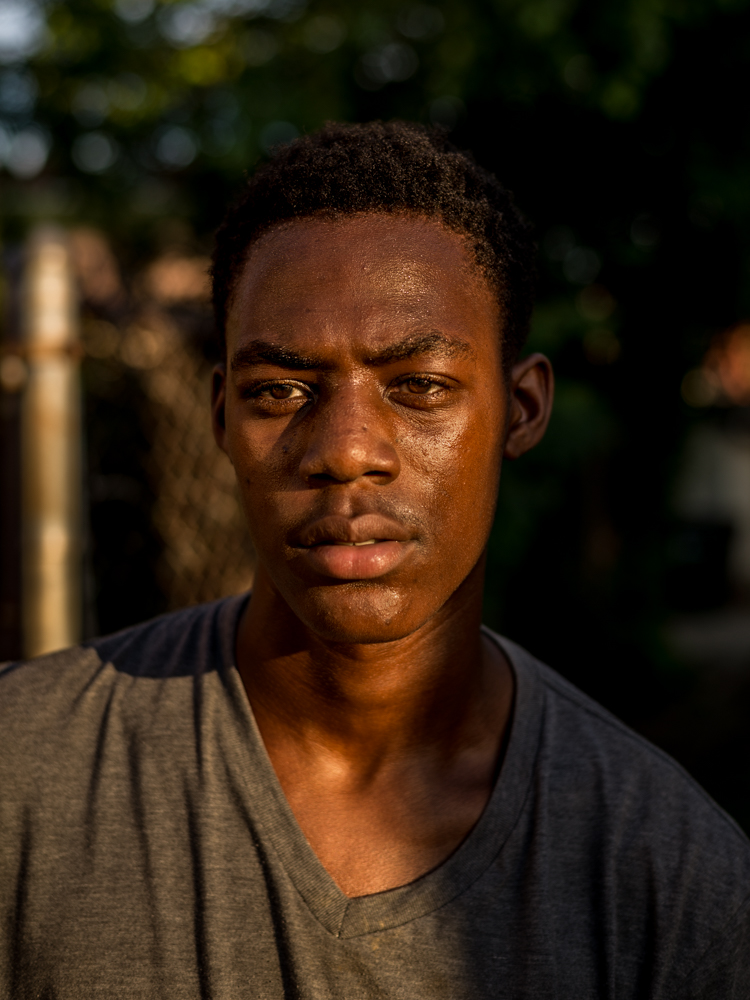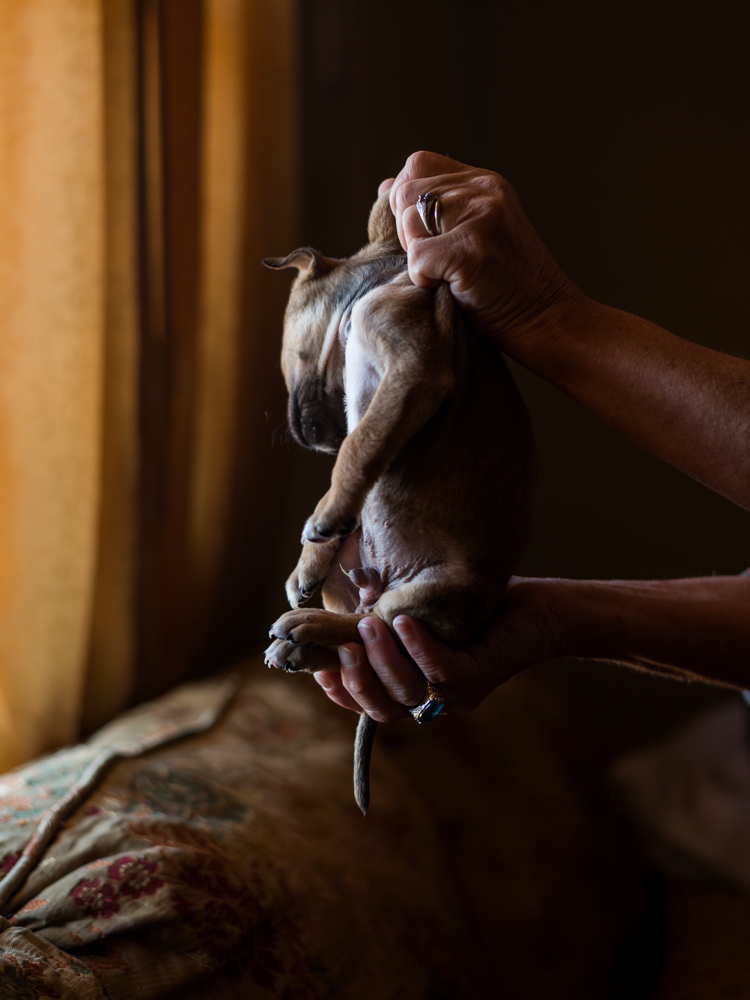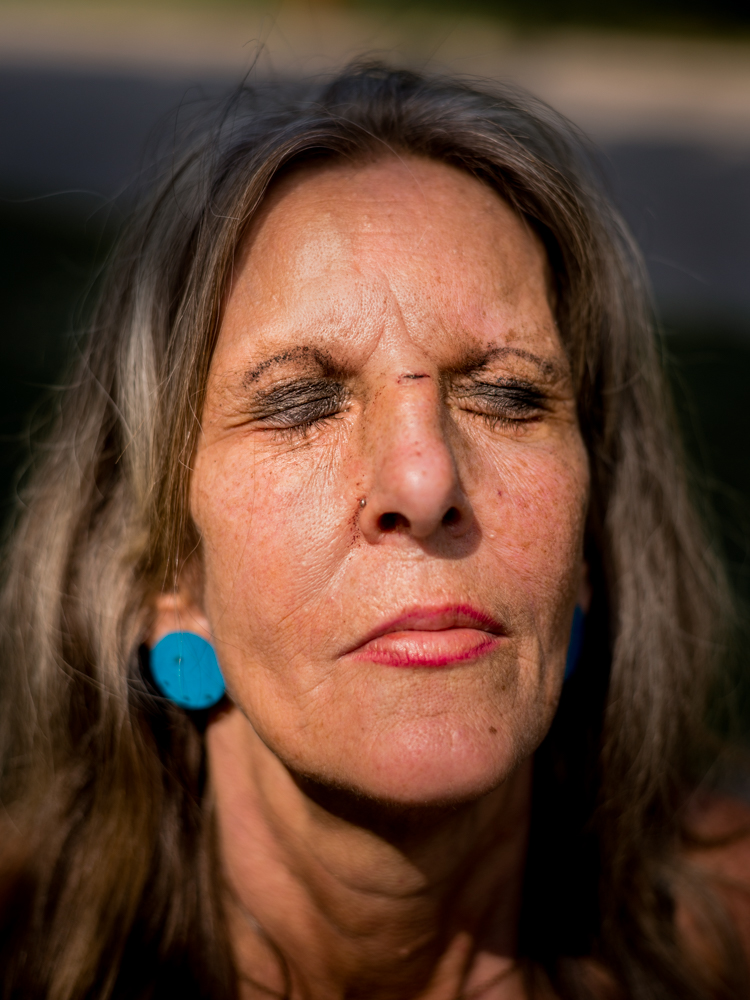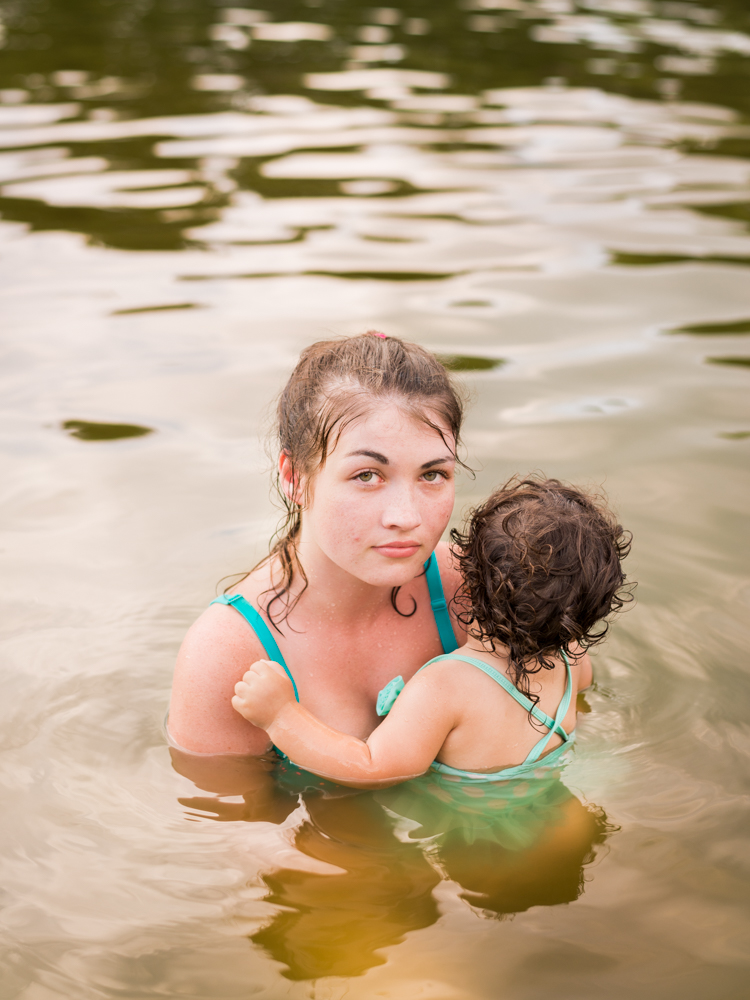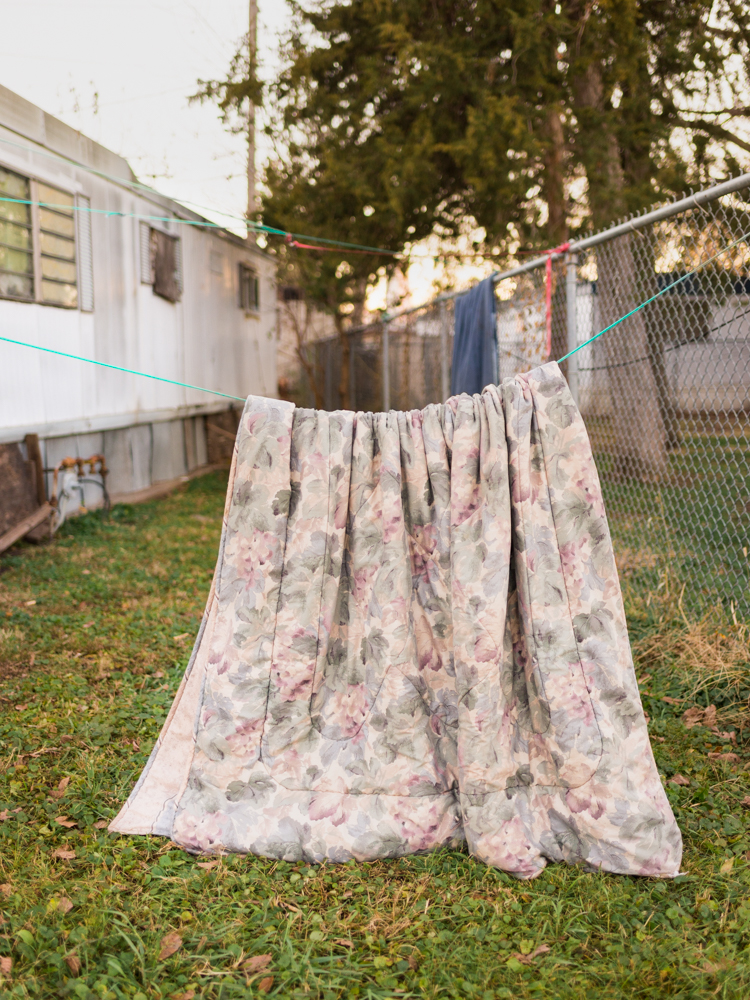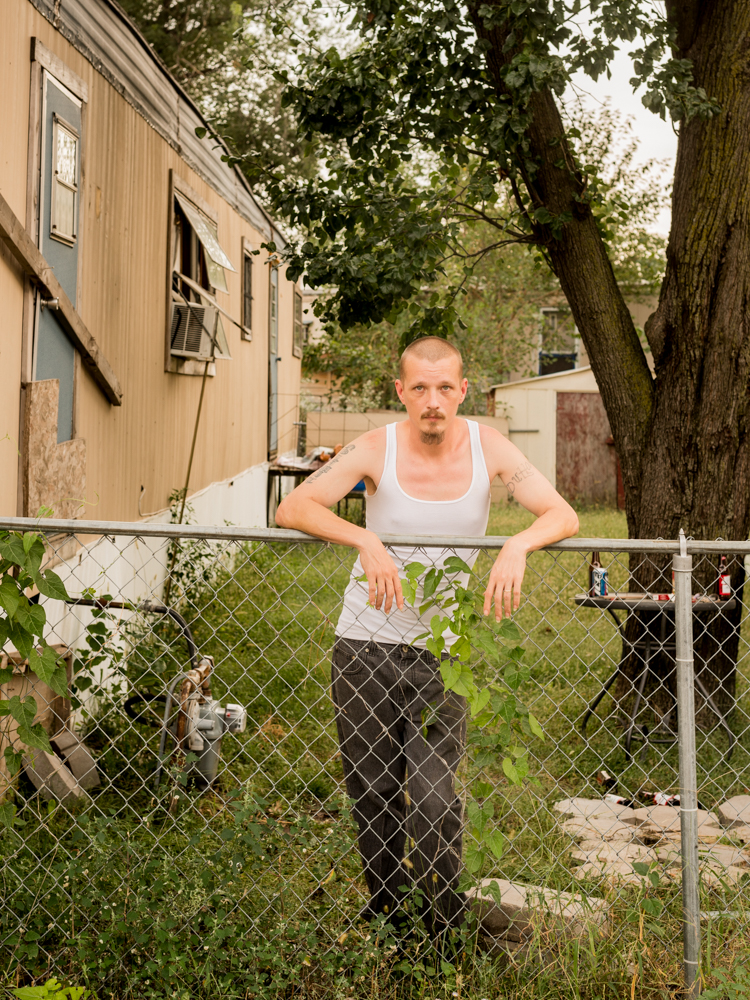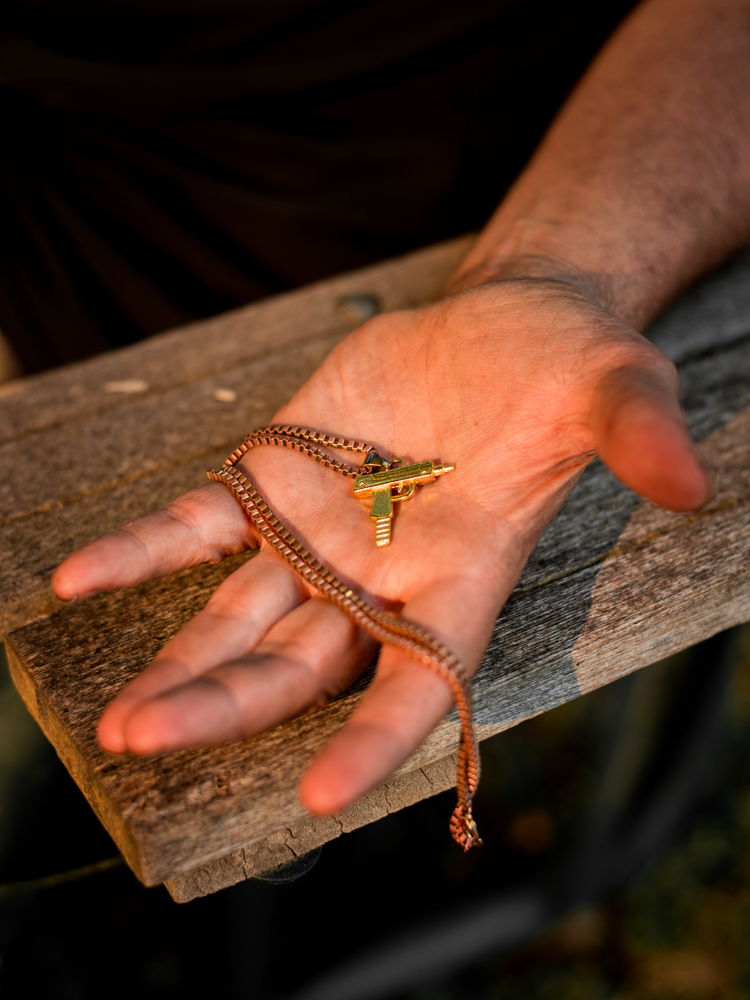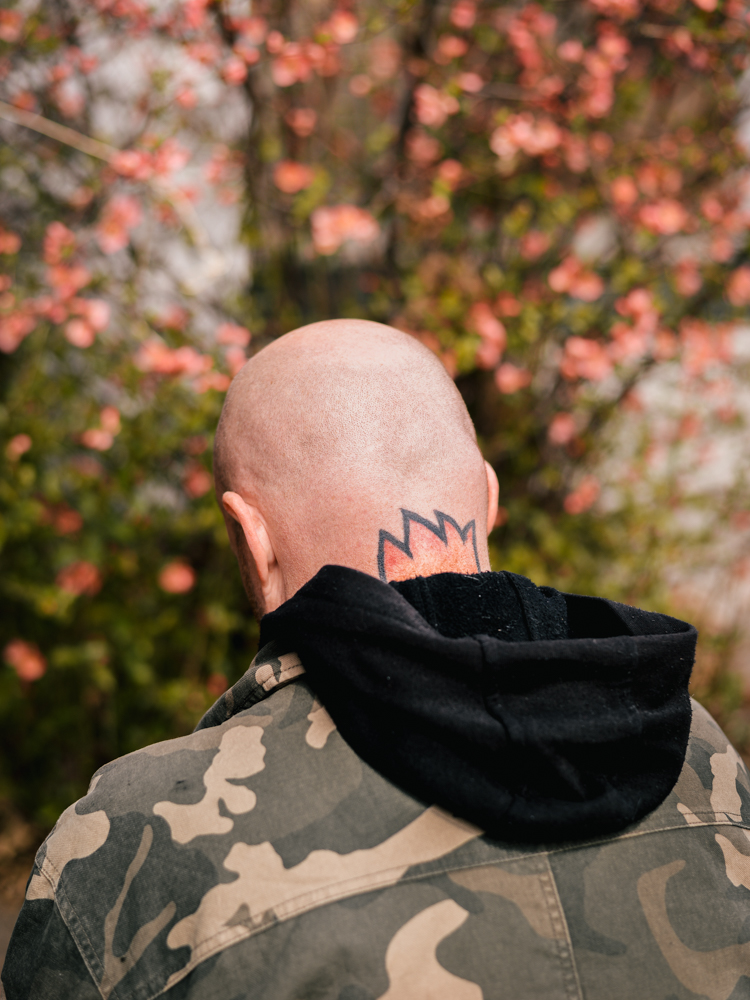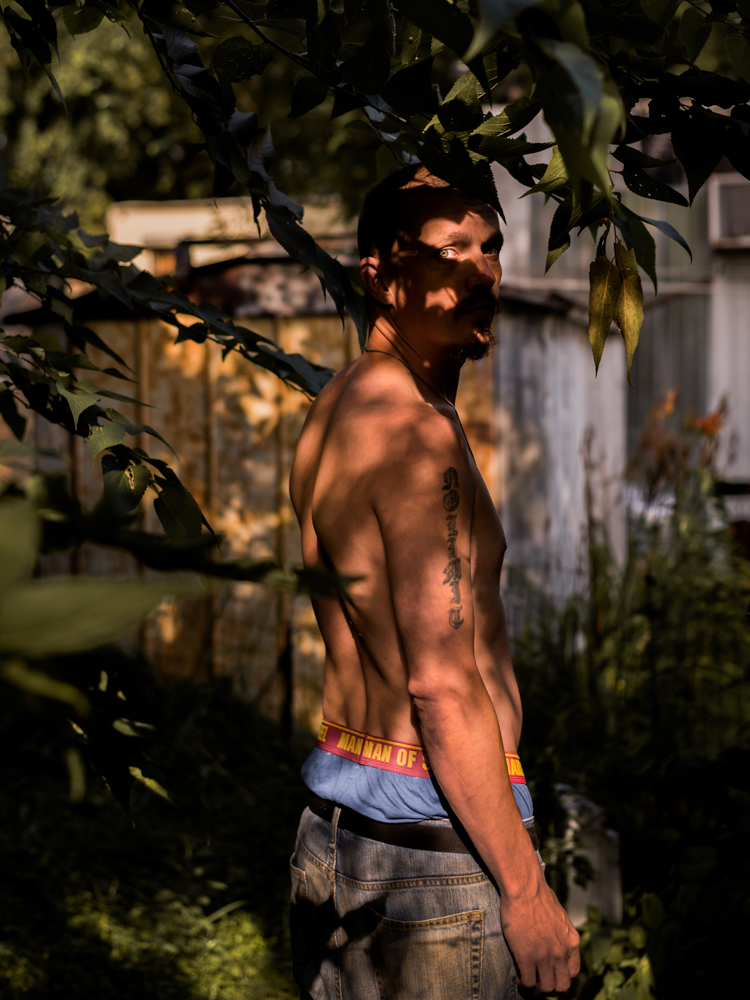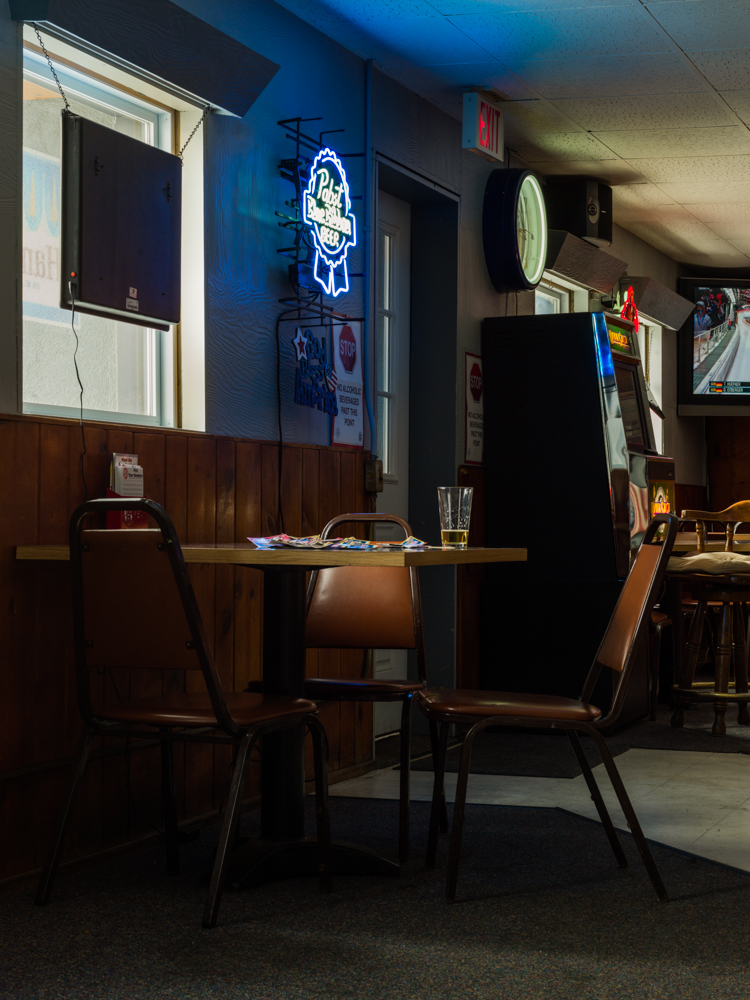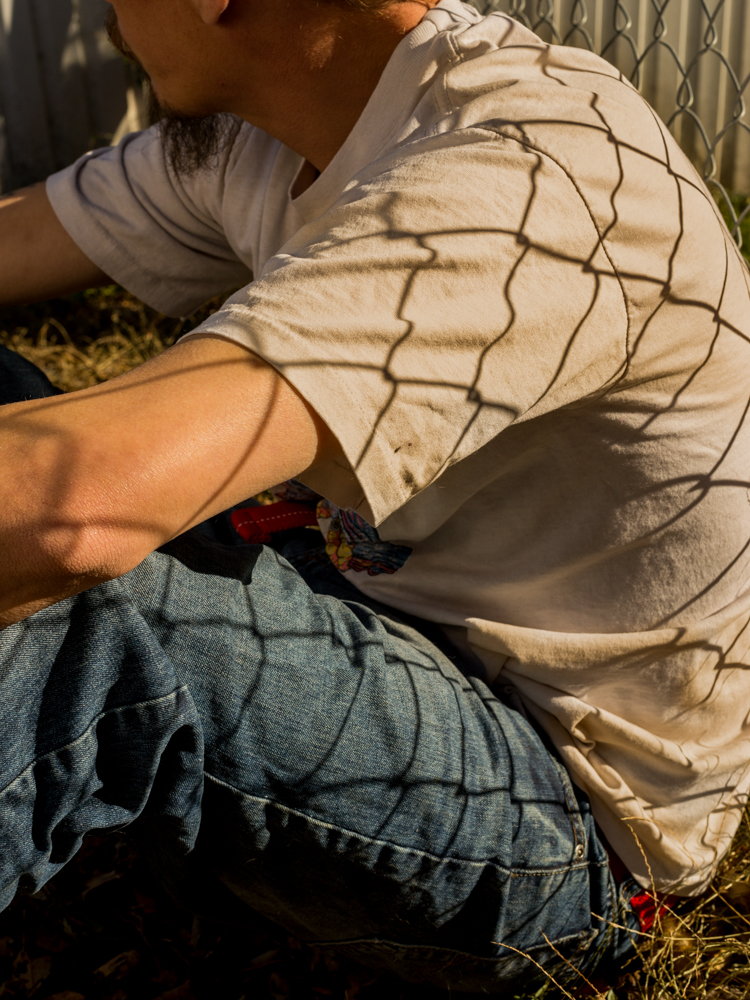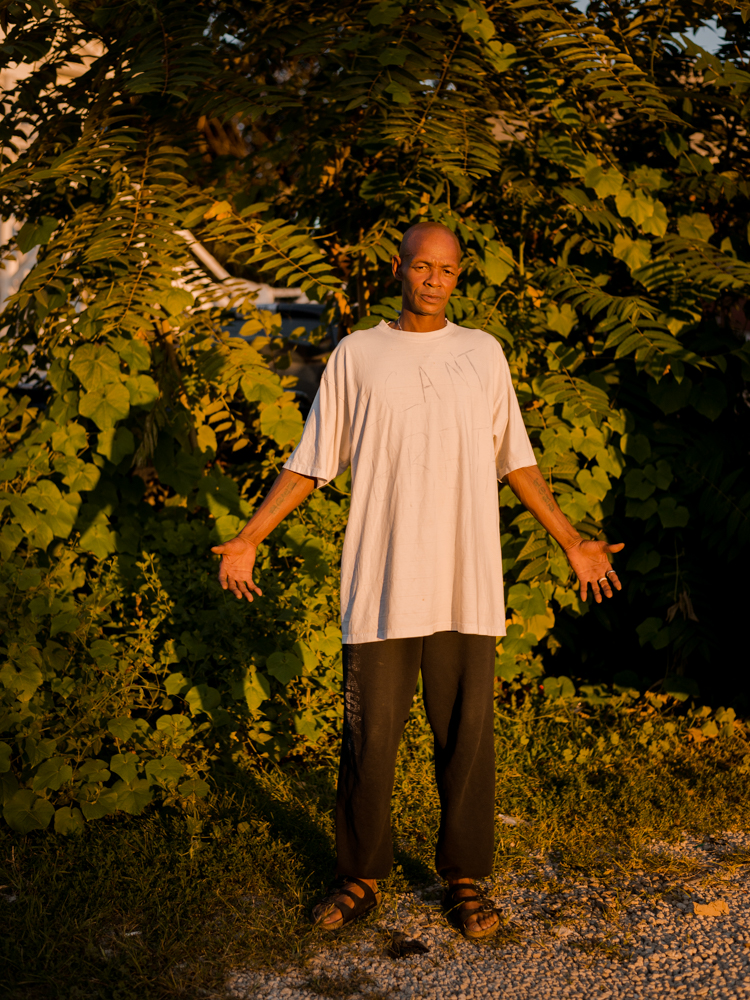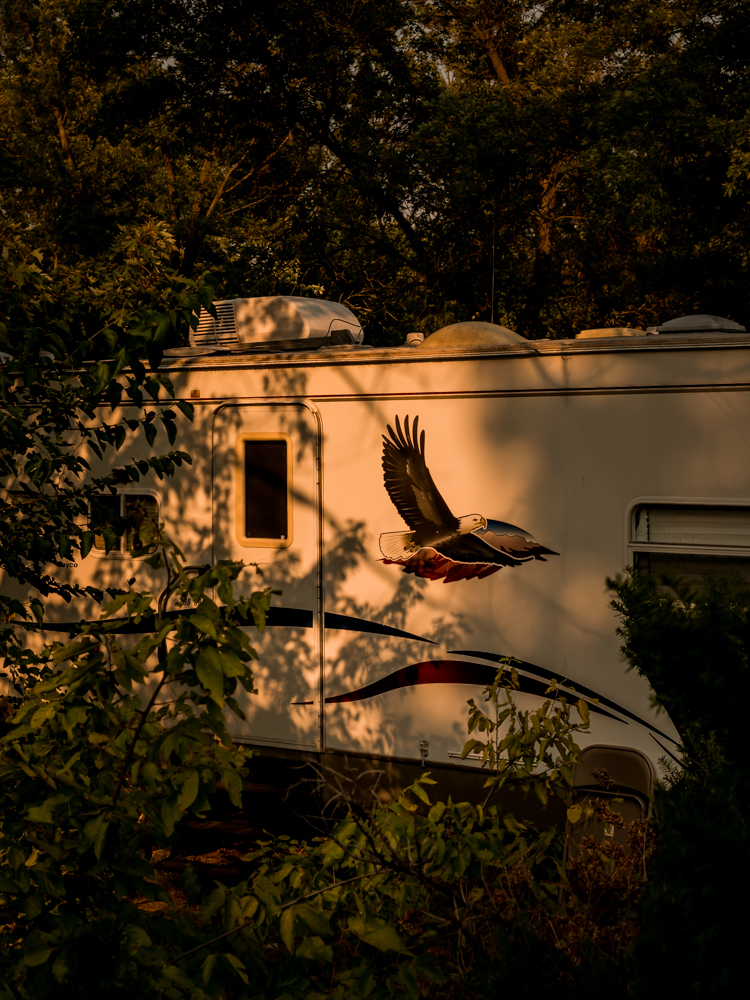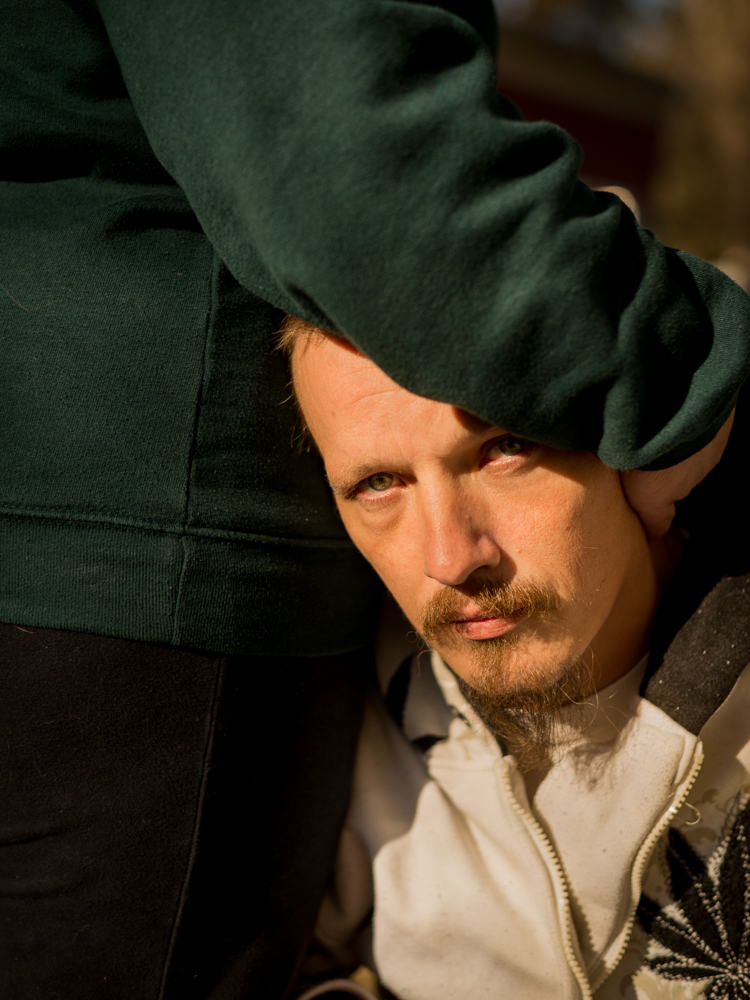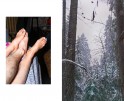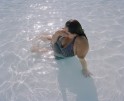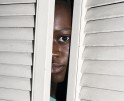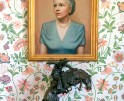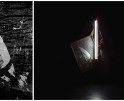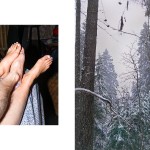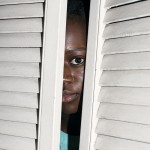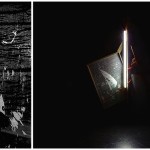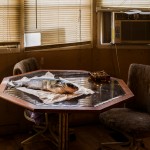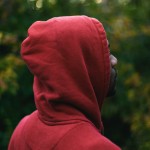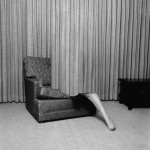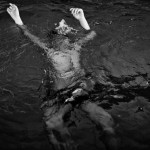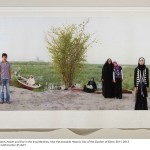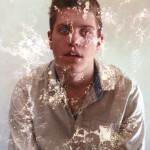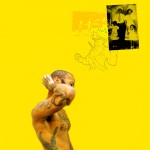John-David Richardson: 2018 Lenscratch Student Prize Second Place Winner
Congratulations to John-David Richardson for his Second Place Win in the 2018 Lenscratch Student Prize and for receiving an MFA from University of Nebraska–Lincoln. John-David’s powerful, intimate, and empathic project, Someday I’ll Find the Sun, speaks to the affects of poverty, on his family and those around him, but more importantly, on himself. Poverty has a long insidious reach into all aspects of being human, marginalizing families and creating behaviors that make it impossible to escape. Photography is a significant truth teller, a way to shine a light onto personal worlds that allow for examination and reflection. It allows for family histories to be held up to the light and reconsidered. Someday I’ll Find the Sun is told with remarkable honesty and as John-David states: “I hope to generate a conversation about the class divide that consumes our country, and the people most affected by a system constructed to serve those in power.”
John-David Richardson is an artist and photographer from Russellville, AL. He is currently a third-year MFA candidate in Studio Art and Instructor of Record at the University of Nebraska-Lincoln and holds a BFA in Photography from Northern Kentucky University. His work has been shown both nationally and internationally and published in Exposure, 5 Journal, and PDNedu. He is a recipient of the Hixson-Lied Scholarly and Creative Activity Grant, the Edgren Tuition Fellowship, the Hixson-Lied Fellowship, the Kimmel Fellowship, 2016 and 2018 SPE Student Awards for Innovations in Imaging, and the Grand Prize in the 2018 PDN Student Photo Contest. His work, Someday I’ll Find the Sun, uses his family history to address the emotional, financial, and psychological burden of poverty.
Someday I’ll Find the Sun
I am a product of poverty. My mother and her countless male partners raised me amidst a backdrop of violence and neglect. These men would come and go, each one exhibiting more violent and destructive behavior than the one before, and each my mother would be left alone wondering how to begin again. This unrelenting cycle shaped my worldview at an early age, and I came to understand family as a collision of love and hate.
The systemic issues that contribute to the class divide in our country stem from the foundation of our founding principles being built on the backs of the poor. As a result, these people continue to be stigmatized, ignored, and ultimately barred from ever being socially or economically mobile. The backbone of the American Dream relies on our forefathers’ assurances to life, liberty, and the pursuit of happiness. Despite these promises, for families that suffer from multigenerational poverty, this goal is often little more than a pipe dream.
In Someday I’ll Find the Sun, I ruminate on my family’s troubled history by building relationships with those of a similar background, finding people that are simultaneously callous and tender. Through forging these relationships, I’m coming to terms with my bloodline. Using photography, I hope to generate a conversation about the class divide that consumes our country, and the people most affected by a system constructed to serve those in power.
Tell us about your growing up and what brought you to photography…
I grew up in a small town in northwest Alabama, where 40% of the population lives below the poverty line. My family was a part of this statistic. My parents separated when my sister and I were pretty young, and our mother and her countless number of male partners raised us. The men were all the same, they all seemed to share a combination of destructive and violent tendencies mixed with excessive drug and alcohol abuse. I watched my mom struggle with trying to hold a job without ever having a formal education, bouncing disability check to disability check all to realize that she would have to choose between paying the overdue electricity bill and keeping food on the table. I’ve treated my mother after instances of domestic violence, and I’ve seen parts of my trailer blocked off to use and manufacture drugs.
I fell in love with pictures at an early age. I grew up looking through old family pictures with my grandma and being amazed at how she could look at a photograph and remember everything about the moment it was taken. For me, trauma affected the way I process my childhood memories. There are months and years of my life that I can’t recall slammed against vivid memories where every detail is perfectly accurate. I started making photographs because I was afraid of not remember my life. The camera became a way for me to record not only the present but also a way to process my past.
Were you making personal work and thinking about translating the world you grew up in when you started out?
I set out to make personal work from the beginning. Early on, I was thinking very directly about recreating memories from my childhood in a photograph. I was shooting in a mobile home park in Lincoln, NE, and the people there were generous enough to allow me to use their homes to stage my photographs. I ended up spending a lot of time with a few different families that mirrored my own in one way or another. I started focusing on the people rather than trying to recreate something from my head, and we’ve continued to work together for the past three years.
Did being in a dedicated photography program change the way that you think about and create photographic imagery?
Absolutely, graduate school had a profound effect on the way I create, process, and think about photography. Like most artists, my work dramatically changed after starting the program, and over time I grew into the work that I feel like I should be making. My professors and fellow grad students were tough and incredibly supportive, and I’m truly grateful for the rigor of our program.
Has making this work been therapeutic in any way?
I’m not sure if I would say that it’s been therapeutic, but I believe that making this work has given me a degree of clarity. I have a better understanding of the broader constructs set in place to trap people in the cycle of poverty, and because of this, I can see the events from my past and my family in a different light.
How does your family feel about the project? Do they understand your intentions?
Regardless of everything that happened when I was growing up, I’m still really close with my family. They’ve all seen the work, and we continue to discuss the content and my approach to this project. Diving into such a sensitive subject has continued to keep the wound fresh for my family and myself, and ultimately it’s helped me understand a lot of what I didn’t before. I just want to be honest with my family, the people I photograph, and the people that view my work.
Who and what are some of your influences inside and outside of the art world?
I’m predominantly influenced by my experiences growing up and by the relationships I form with the subjects in my work. Within the context of art, I looked to literature for a lot of the inspiration for this project. Appalachian writer, David Joy’s novels Where All Light Tends to Go and The Weight of This World have both been particularly influential to me while making this work. Along with Joy, S.E. Hinton’s The Outsiders, Rebecca Gayle Howell’s American Purgatory, Matthew Desmond’s Evicted: Poverty and Profit in the American City, and Nancy Isenberg’s White Trash: The 400-Year Untold History of Class in America have been incredible resources and differed greatly in their approach to the subject of poverty.
What are your future plans and how will you keep the fire alive?
I’ve just graduated from the MFA program at the University of Nebraska–Lincoln, and I’ll be moving to the greater Cincinnati area in a couple of weeks. I’ll be freelancing for a branding agency in Cincinnati, and looking for editorial and commercial work while continuing to pursue personal projects.
As far as keeping the fire alive, I hope that I can continue with the momentum I developed in grad school. I’m honestly just excited to get back to the South and to start making new work. I plan to continue working on Someday I’ll Find the Sun, shooting with the families that have been so accommodating over the course of this project, and building new relationships in other areas of the Midwest and the South.
Posts on Lenscratch may not be reproduced without the permission of the Lenscratch staff and the photographer.
Recommended
-
Nick Tarasov: 2018 Lenscratch Student Prize Honorable MentionJuly 15th, 2018
-
Lindley Warren: 2018 Lenscratch Student Prize Honorable MentionJuly 14th, 2018
-
Jasmine Clarke: 2018 Lenscratch Student Prize Honorable MentionJuly 13th, 2018
-
Charlotte Woolf: 2018 Lenscratch Student Prize Honorable MentionJuly 12th, 2018
-
William Douglas: 2018 Lenscratch Student Prize Third Place WinnerJuly 11th, 2018

